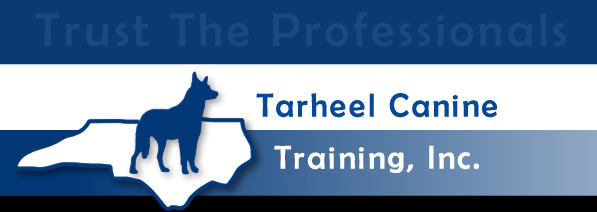In a blog for the Harvard Business review, work performance guru Tony Schwartz writes that experts agree that a minimum of 10,000 hours of deliberate practice of a complex task is necessary to become an “expert” in any complex task.
http://blogs.hbr.org/schwartz/2010/08/six-keys-to-being-excellent-at.html
Let’s assume that dog training and handling is such a complex task. Now let’s apply a little math. If we were to do 40 hours of deliberate practice a week (impossible) it would take 250 weeks to become an expert. There are 52 weeks in one year, so that comes to about 4.8 years of deliberate practice (at an impossible rate of 40 hours of practice a week). Let’s say, we do something more reasonable, like 20 hours a week, then that means we are looking at 9.6 years to become an expert in any complex field such as dog training.
For police dog handlers, we require as an industry standard, 4 hours per week of in service training. So, how off the mark are you at being an expert dog handler if you do just the minimum? A lot off the mark. It is well known that the best handlers put in a lot more than the minimum. The best handlers work hard at the practice of their craft every day, and as such are probably doing well over the 20 hours a week that will get them on their way to being the best they can be in their field. The same holds for trainers, but in my opinion, even more so. Every opportunity to observe training, and think about it, and to get your hands on dogs, brings you closer to maximizing your potential.
So, don’t think of how many months or years you have been a dog trainer or handler as reason enough to prove what you know. What really matters is how often every week you get your hands (or mind) engaged in the deliberate practice you need to develop your skills to the “expert” level.

